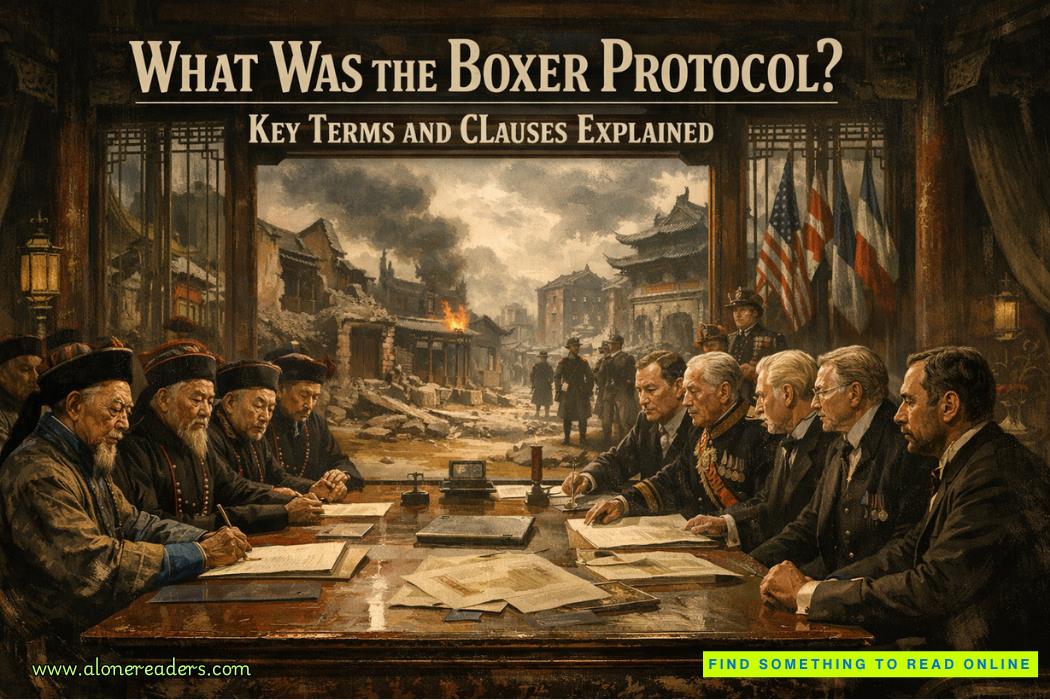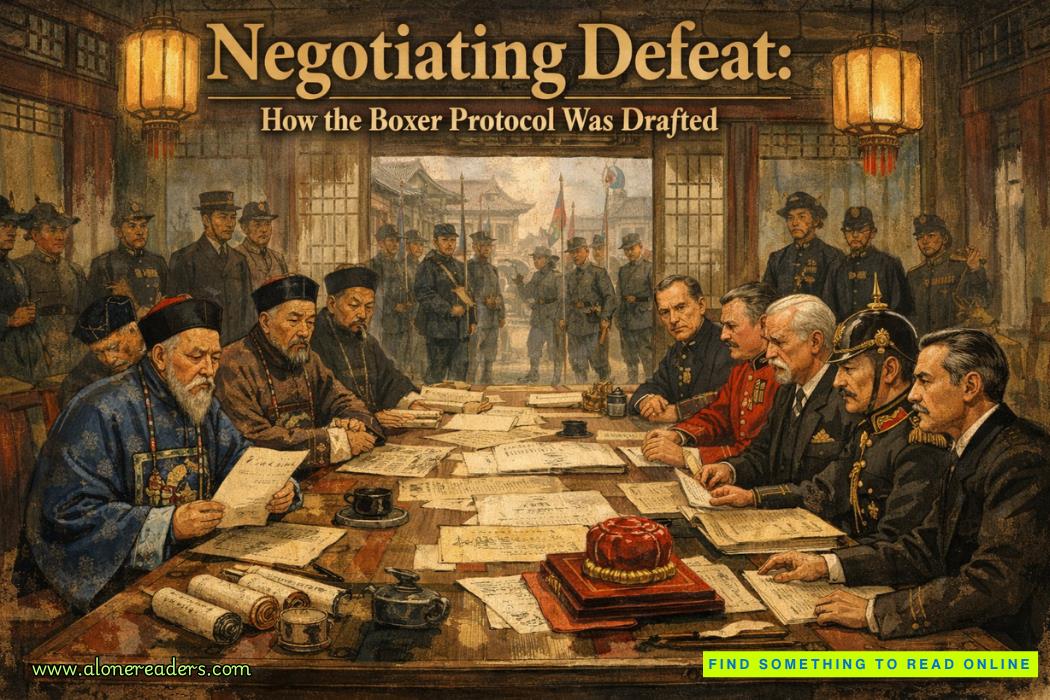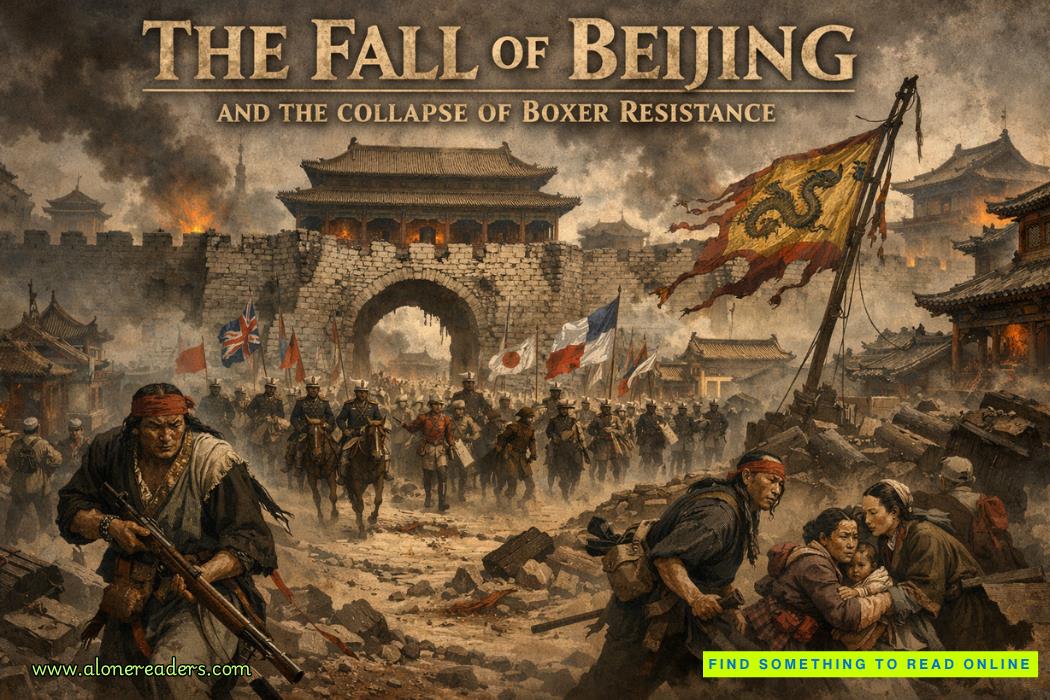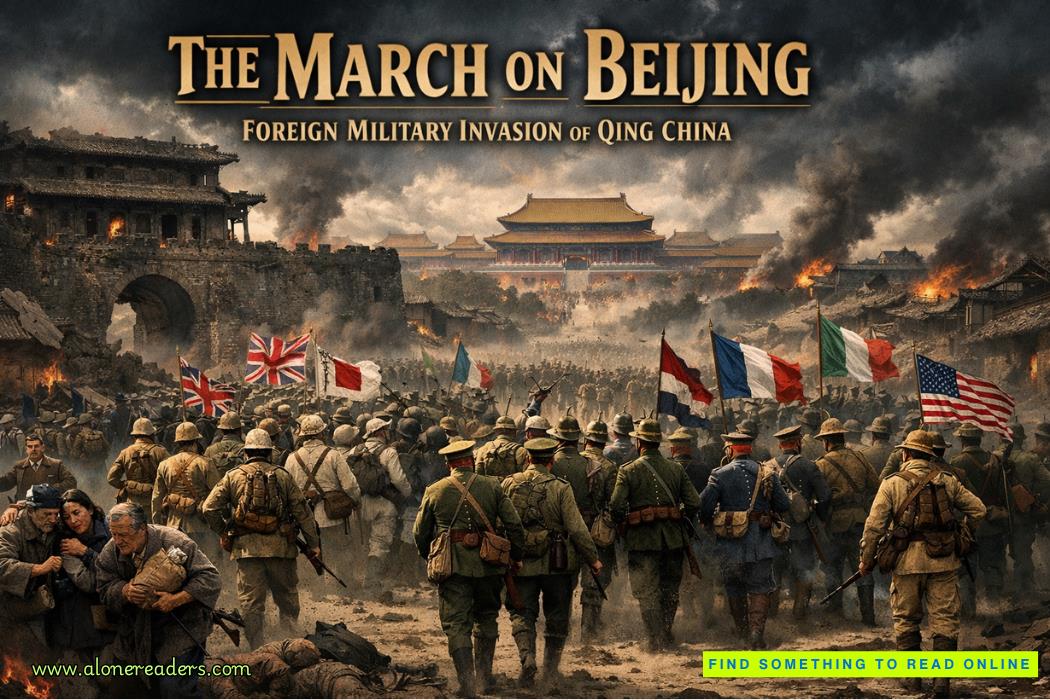“Nothing happened,” Carly said defensively. “I just needed to come home. Why do you assume something happened?”
Marlene pursed her lips slightly, and Carly thought she might be about to drop the subject. She should have known better. Her mother was nothing if not persistent.
Marlene set the paper down. “I’m notassuminganything, I’m observing a set of facts. Your father said you sounded distressed when you called. You asked for our help. And then you agreed to spend the night here, and you were here when I woke up. You even accepted a cup of coffee just now. So I amobservingthat something has changed, and since it’s clearly not your attitude, I have to imagine that it’s your circumstances. In other words, something happened.”
Irritation nipped at the back of Carly’s neck. She hated when her mother talked to her this way, in that cool but clearly frustrated tone. Carly didn’t enjoy the guilty, smoldering aftermath of yelling at someone, but at least it felt better in the moment than this clipped performance of civility.
“Nothing happened,” she told Marlene firmly, and she saw her mother’s squared shoulders droop slightly. In disappointment? Frustration? Confusion? Probably all three, which shouldn’t surprise Marlene: Carly had spent most of her life as a confusing, frustrating disappointment.
Except, that wasn’t true, was it? Okay, so her parents didn’t understand her. But they’d also leapt into action to help her the second she’d asked, and now, her mother only wanted to knowwhyshe’d asked. She looked across the table at Marlene and tried to remember what Heather had told her at the airport. It didn’t have to be all or nothing. She didn’t have to reveal absolutely nothing to her mother, just like she didn’t have to refuse absolutely all help from her parents.
“Okay, something happened,” she conceded, and her mother’s eyebrows rose. “Or is about to happen. I have a meeting with Catherine Lancaster the day after tomorrow, and she’s going to tell me that she’s not renewing my contract. So this season will be my last, and then I’ll have to figure out what comes next.”
Marlene’s forehead creased in a concerned frown. “Why aren’t they renewing your contract?”
“I’m old,” Carly shrugged, feigning a calm acceptance she didn’t feel. “I’m not principal material, I’m Peasant Maiden #4 material. I’ve had a good run, but I guess they’re moving on. Which means I need to move on, too.”
Marlene nodded slowly, processing this information, and Carly took her silence as an opportunity to drink more coffee.I need to move on, too.From ballet, from her hope of being promoted. From Nick, from her hope that there was at least one man out there she could trust with her body. With her heart. She would figure it out, she told herself.
“What will you do next?” Marlene asked.
Carly shrugged again. “I don’t know. I’m … Well, I’m scared. I don’t know how to do anything but dance, because it’s all I’ve ever wanted to do. And I got to do it, and I’m really grateful. But I don’t know what comes next. But I’ll figure it out.”
“Your father and I would be very happy to—”
“Mom,” Carly said firmly, and Marlene stopped talking, her mouth still open. “I’ll figure it out.”
Marlene closed her mouth, looking defeated but unsurprised.
“But if I need your help, I’ll ask for it. I promise. Okay?”
Marlene squared her shoulders again and gave her a close-mouthed smile. “Understood, Carly,” she said.
“Okay.” Carly drained the rest of her coffee and stood, groaning slightly at the stiffness in her quads and hips. “I should go home. Thank you for the coffee, and for letting me stay. And for getting me home.”
“You’re very welcome. Should I bother offering to ask Timur to drive you downtown?” Marlene asked, picking up her paper.
“No,” Carly smiled. “But I’ll take some coffee for the road. Please.”
Marlene nodded and returned her smile. “Help yourself,” she said.
Nick’s phone rang as he was packing the last of his cameras into his suitcase. His carry-on this time. Better safe than sorry. He flipped the suitcase closed with one hand and grabbed his phone with the other, and froze when he saw the name on the caller ID.
“Dad?” he answered carefully.
“Nick.” His father’s voice was low and terse, and he’d said Nick’s name like a full sentence.
“Is, euh, is everything okay?” His dad hadn’t called him in years. Had something happened to Nina or his mum?
“How was the wedding?”
Nick frowned.How was the wedding?From the man who seemed constitutionally incapable of small talk? The man whose house Nick had stormed out of barely a week ago?
“It was fine,” Nick said slowly. Then, because he was still worried, he repeated: “Is everything okay?”
“Yes. I just wanted to congratulate you on the article in the paper,” his dad said stiffly. Nick could picture him sitting on the couch in the living room overlooking the valley, or at the kitchen table with a steaming mug of tea, which he drank year-round, sweltering Australian summers be damned. It had never occurred to Nick that his dad, devoted newspaper reader that he was, would see Ivy’s story. Nina had already texted him about it, of course, and had threatened to get it framed for his next birthday present.
“Thanks,” Nick said carefully. “Is that all?”















